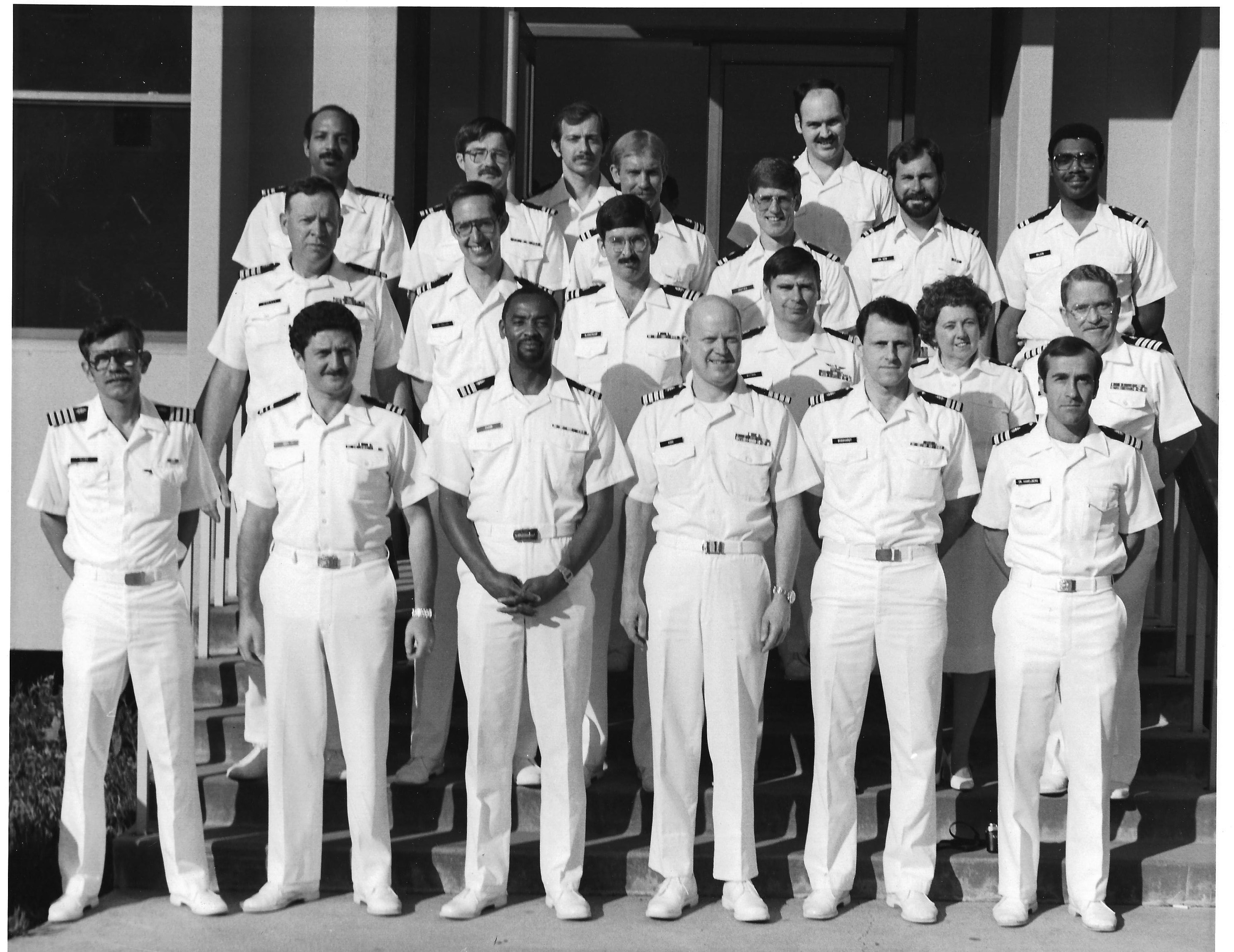
I had a perplexing patient on the medical service that I was consulting on. 37 years later, I cannot recall all the clinical details but several things remain clear. He was admitted with abdominal pain. He did not have an acute abdomen, i.e. he did not have physical findings that warranted immediate, emergency surgery. His blood tests were equivocal. His x-rays were also inconclusive. CAT scans had become widely available in the early 80s but were still in their infancy and not as reliable as they are today. For a couple of days, I had rounded on him with my team and was not convinced that he needed surgery.
The afternoon of the day of the senior resident’s banquet, the Chief of Surgery, Dr. Robert Abbe, came to me after rounds and said, “Rick, let’s go take a look at that patient of yours.”
We went to the bedside, looked over the chart and lab work for that day and pressed on his abdomen. Nothing really had changed. Abbe looked at me and said, “We should take him to the OR. He isn’t worse, but he isn’t better either after several days. We’ve given antibiotics enough time and I think we should operate. Get him scheduled.”
“Now?” I asked. I am ashamed to say that my first thought was that we would be late for the banquet rather than about the patient. After all, what difference would one evening make? I am glad I did not raise this objection out loud.
“Sure,” said Abbe, “We are surgeons. It’s what we do.”
I called the operating room and put him on immediately. Bob scrubbed with me, since all the other attendings and residents were on their way to the banquet. My patient had a smoldering appendicitis. Antibiotics kept it at bay but would never have cured him. He needed surgery. I was an hour late for my graduation banquet.
I learned several lessons from this case, which was officially the last of my general surgery residency. It drove home the importance of developing surgical judgement, which is knowing when to operate and when not to. Non-surgical specialists often tease surgeons about their urge to “heal with steel”, but sometimes surgery is the more “conservative” and safer option. Bob also impressed on me that the patient came first- before banquets, personal life, and other plans. If you cannot commit to that order of priorities, it is best to seek some other area of medicine. For too many young surgeons today, surgery is what they do, not what they are. In other words, it is a job, not a vocation.
Surgery is more than what I do; it is who I am. I am a surgeon. Abbe taught me that lesson and I have never forgotten it.
Abbe passed away on February 23, 2021. At 84 he was, as they say, full of years, and good years at that. He left a legacy of family, friends, and several generations of surgeons who benefited from his expertise and wisdom. I hope I have lived up to his standards.
Great and inspiring story Rick. You and your friend and colleague Abbe remind all of us how important your dedication, commitment and perseverance are in such a field as surgery. I’m sad to hear of Abbe’s death, and so glad that you are still contributing your time and gifts.
God bless you,
Rick McCarthy, LMFT